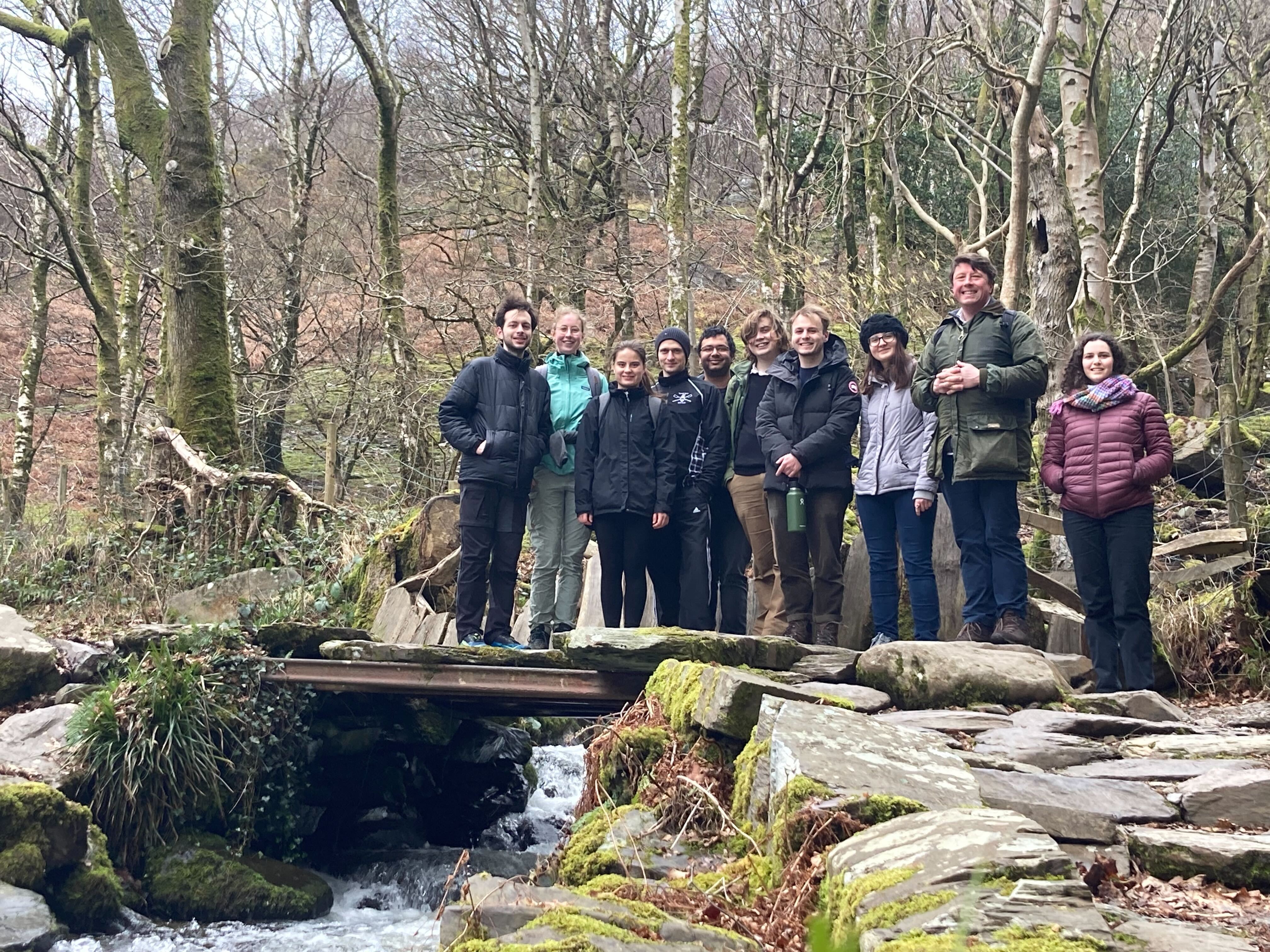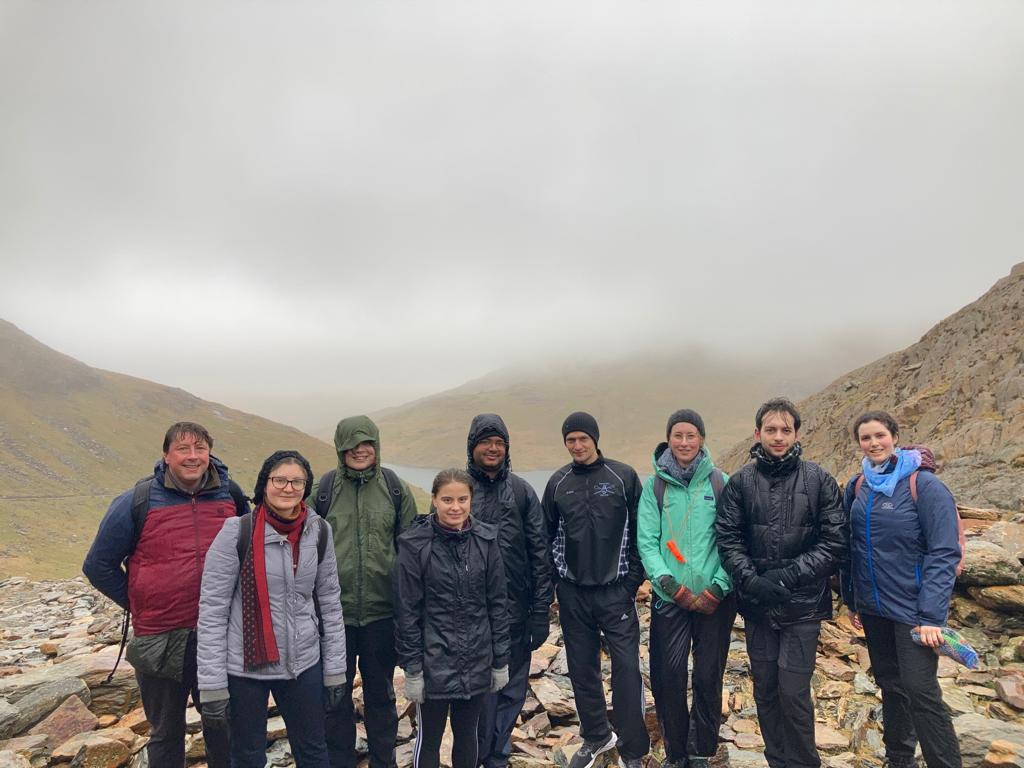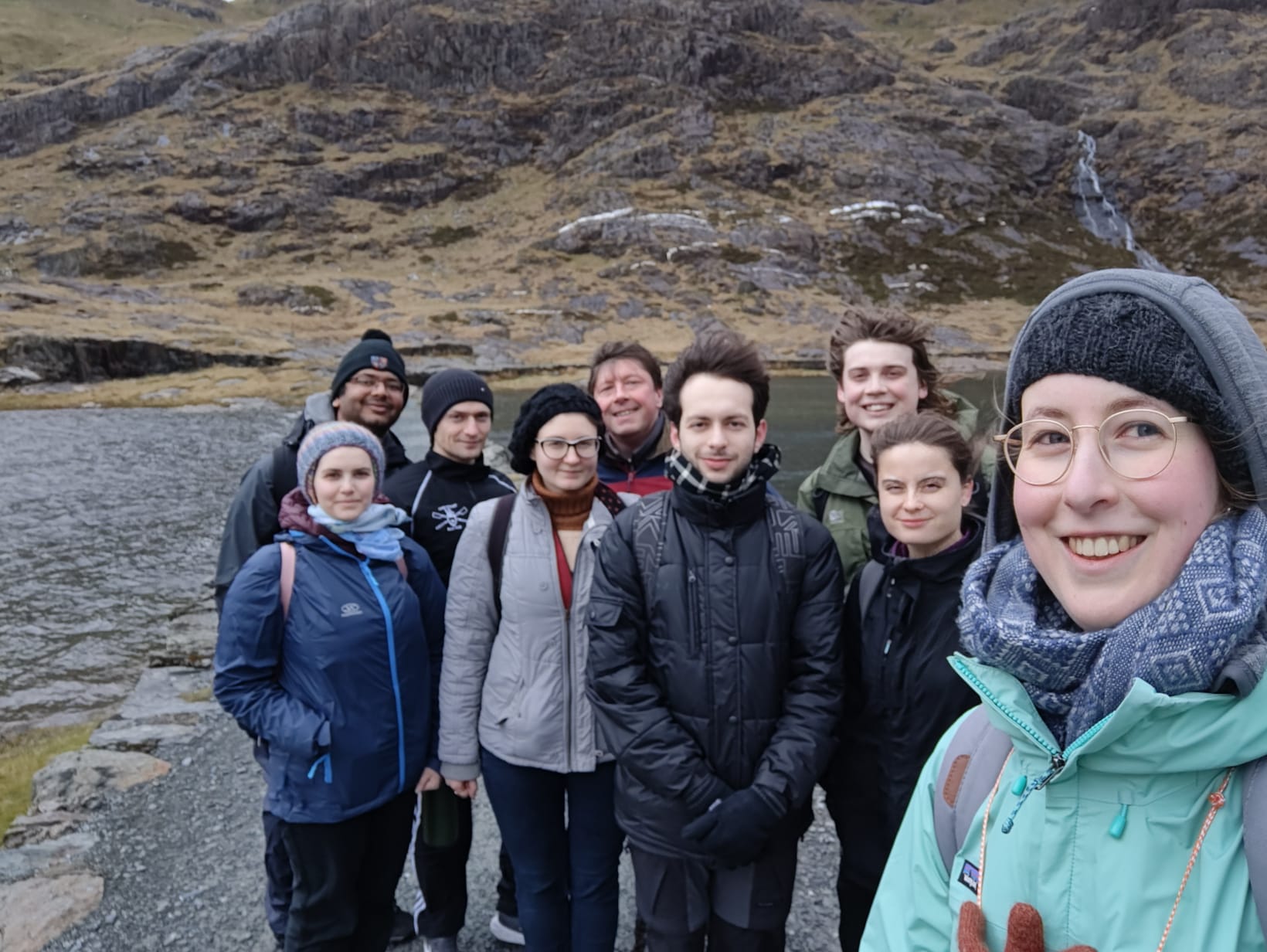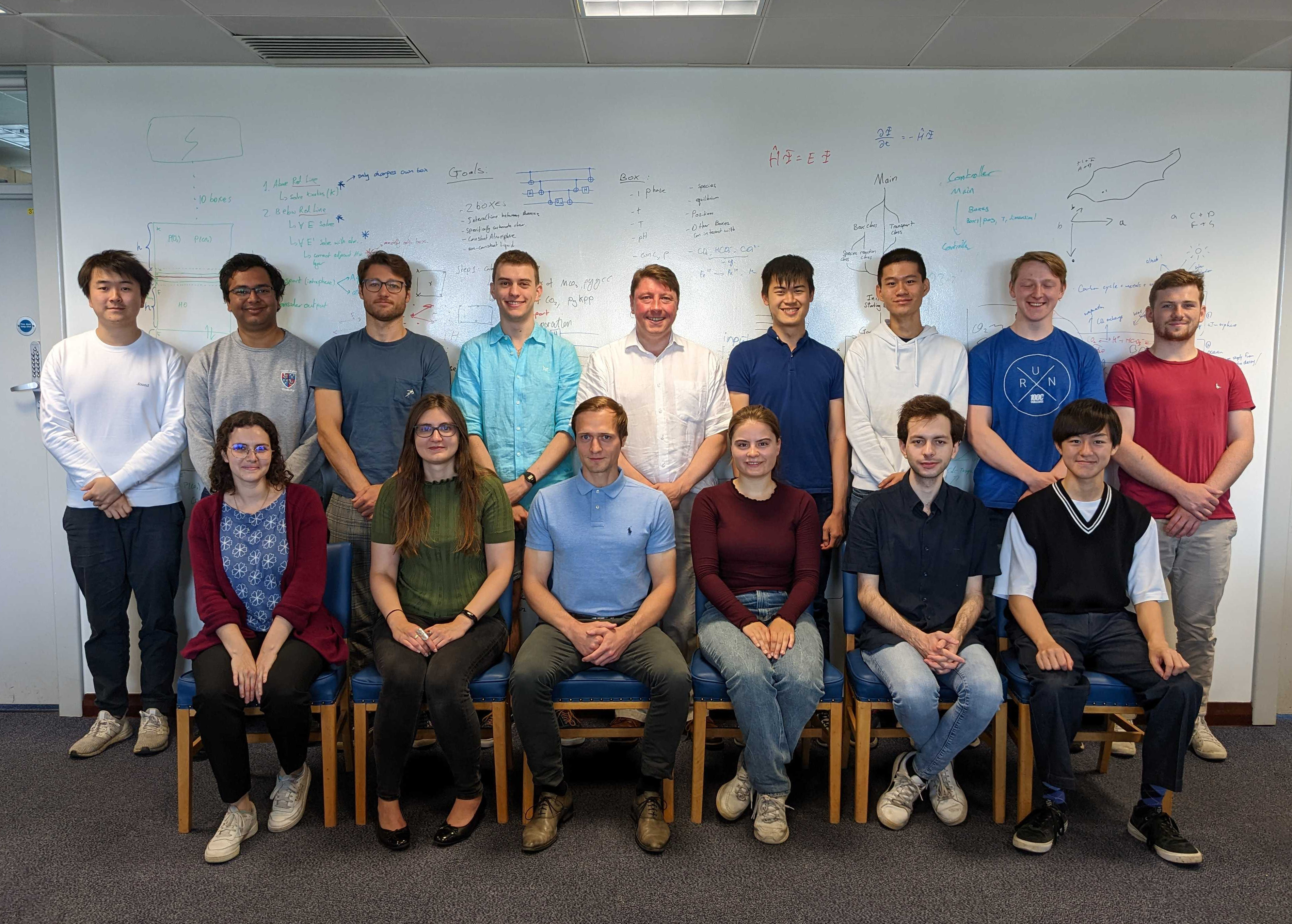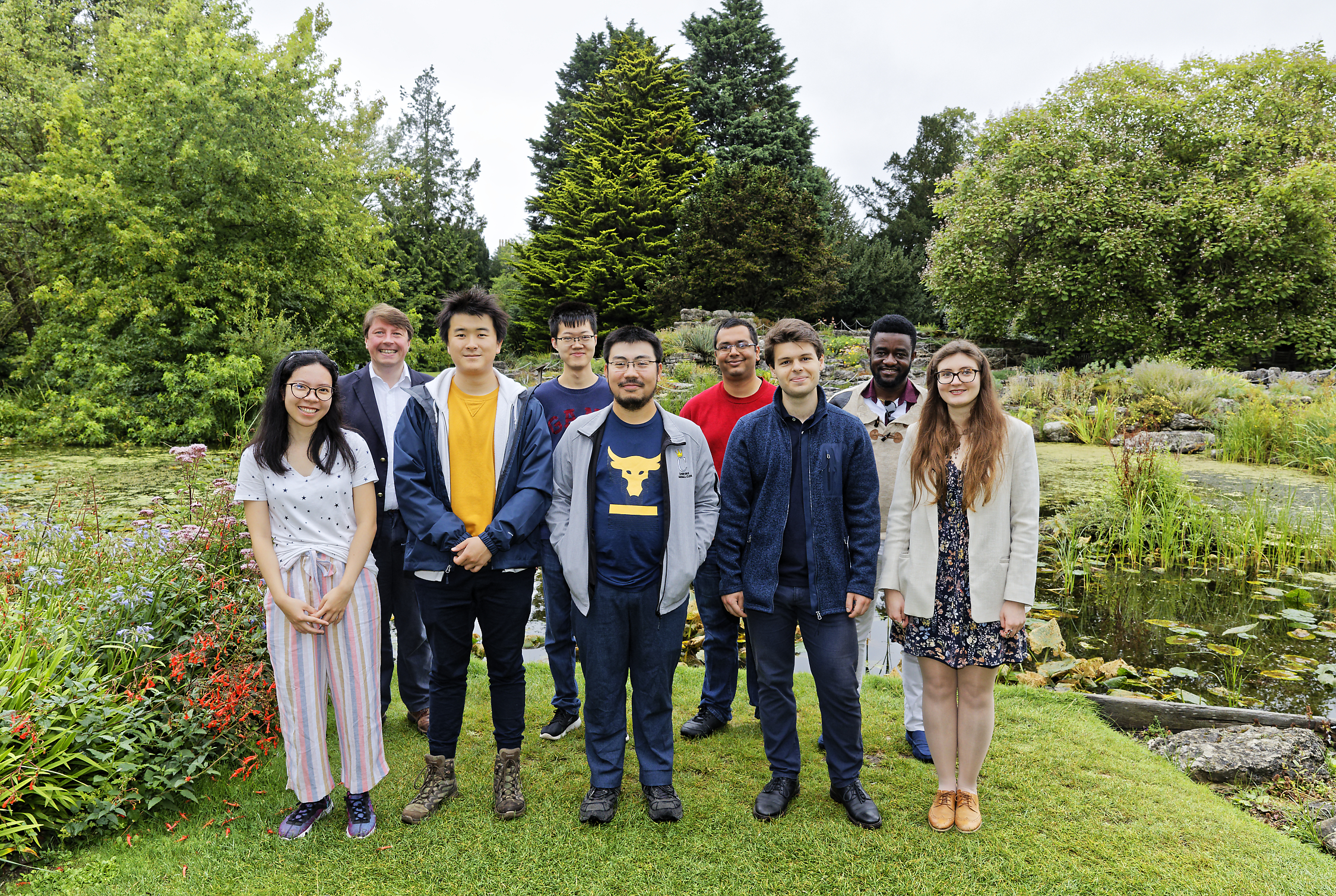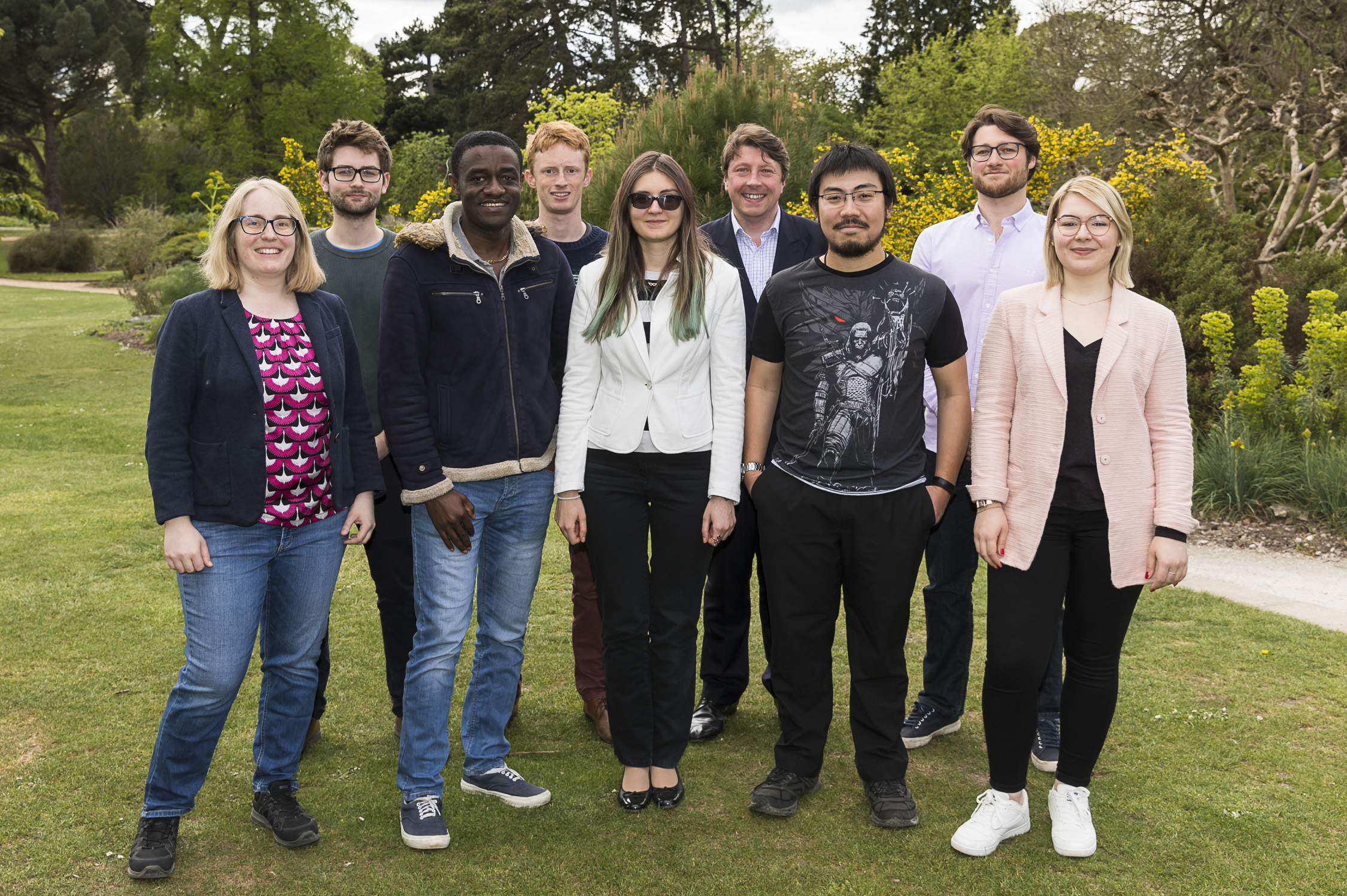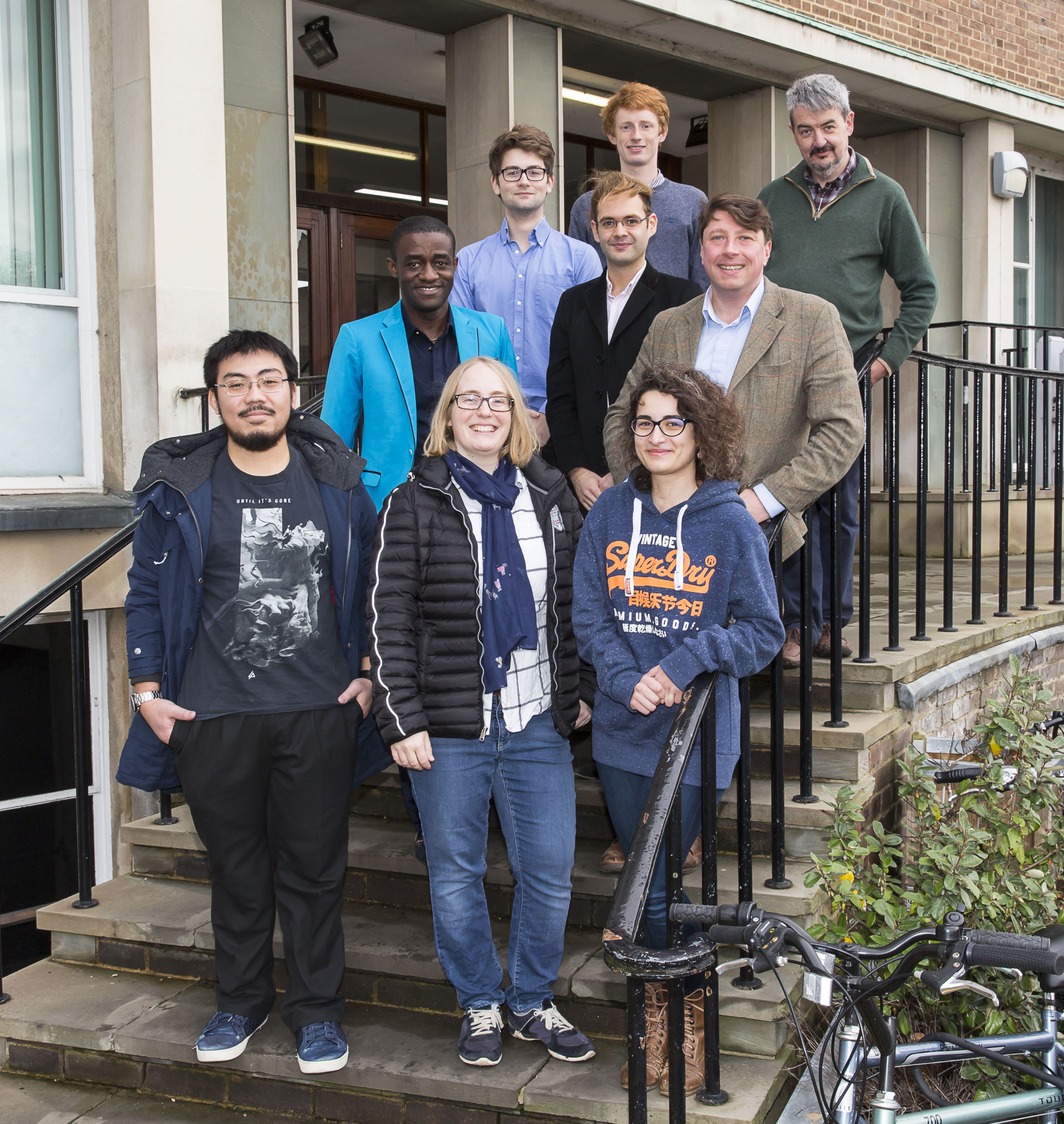Main Page
# _________ # ___ ___ # ______ # ___ __ __ # #/________/\ #/__/\ /__/\ #/_____/\ #/__//_//_/\ # #\__.::.__\/ #\::\ \\ \ \ #\:::_ \ \ #\::\| \| \ \ # # \::\ \ # \::\/_\ .\ \ # \:\ \ \ \ # \:. \ \ # # \::\ \ # \:: ___::\ \ # \:\ \ \ \ # \:.\-/\ \ \ # # \::\ \ # \: \ \\::\ \# \:\_\ \ \ # \. \ \ \ \# # \__\/ # \__\/ \::\/# \_____\/ # \__\/ \__\/# # # # # #
# _______ # ______ # ______ # __ __ # ______ # #/______/\ #/_____/\ #/_____/\ #/_/\/_/\ #/_____/\ # #\::::__\/__ #\:::_ \ \ #\:::_ \ \ #\:\ \:\ \ #\:::_ \ \ # # \:\ /____/\ # \:(_) ) )_ # \:\ \ \ \ # \:\ \:\ \ # \:(_) \ \ # # \:\\_ _\/ # \: __ `\ \ # \:\ \ \ \ # \:\ \:\ \ # \: ___\/ # # \:\_\ \ \ # \ \ `\ \ \ # \:\_\ \ \ # \:\_\:\ \ # \ \ \ # # \_____\/ # \_\/ \_\/ # \_____\/ # \_____\/ # \_\/ # # # # # # #
Hello, Guten Abend, and Bienvenue to the new Thom Group Wiki. (Apparently evenings are good times to read the Wiki.)
In this Wiki you can find various pieces of useful information, such as when group meetings are, who is going to bring cake, how to run a particular calculation or perform a certain computer trick, who's using which computer in the group, and so on. You can also see how fun we are as a group by looking at our various photos.
Group Calendar
Group Expectations
The Group Expectations document is available on overleaf https://www.overleaf.com/read/yddfjrvpjckj
Group Meetings
Past Group Meetings here. Group Meetings (usually) take place every other Monday Friday Thursday at 3.30pm 2pm.
Easter 2024
| Date | Talk | Cake |
|---|---|---|
| 25th April | Jack | |
| 9th May | Lila | |
| 23th May | Chiara/Andrew/Lijun | |
| 6th June | Chiara/Andrew/Lijun |
Journal Club
12pm in the cybercafe with pizza provided (alternative possible).
Past Journal Clubs here.
2023-24
| Date | Contributor | Paper |
|---|---|---|
| 1 Nov 2023 | Lila | Solid-body trajectoids shaped to roll along desired pathways |
| 29 Nov 2023 | Kripa | Aligning Superhuman AI with Human Behavior: Chess as a Model System |
| 13 Feb 2024 | Bence | What’s for Lunch? A systematic ordering of foods in the Soup-Salad-Sandwich phase space |
| 12 Mar 2024 | Alex |
Quantum Computing Resources
Quantum Club
Quantum Computing for Quantum Chemistry Discussion Group (QCQCDG) info available at https://www.ch.cam.ac.uk/group/thom/quantum-computing-quantum-chemistry-discussion-group .
Quantum Brainstorm
Informal quantum discussions taking place at 10am on Tuesdays in the supervision area. Notes available here.
Quantum computing Open Questions
Outstanding questions, along with answers and helpful reading material, can be found here.
Summer 'Interns'
| Name | Project | Machine |
|---|---|---|
| Theo Hatcher | Excited States and RevQCMagic | gritstone |
| Bence Csakany | Quantum Computing on GPUs and FPGAs | obsidian |
| Miriam Al-Hadithi | LCLU Astrochemistry | hylas |
| Peter Yang | Hamiltonian decomopositions in Quantum Computing | chiron |
Past Summer Interns here.
Summer Dates
| Name | 3rd July | 10th July | 17th July | 24th July | 31st July | 7th August | 14th August | 21st August | 28th August | 4th September | 11th September | 18th September | 25th September | |
|---|---|---|---|---|---|---|---|---|---|---|---|---|---|---|
| Alex | London IChO | Zurich IChO | Zurich until Tuesday | LJC meeting | ||||||||||
| Theo | Starts Monday | Finishes Friday | ||||||||||||
| Bence | Starts Wednesday | Finishes Tuesday | ||||||||||||
| Miriam | Starts Wednesday (or Monday?) | Finishes Friday | ||||||||||||
| Peter | Starts Monday | Finishes Friday |
Dissertations
- Dissertations - Part III Reports, MPhil Theses, First Year Reports, PhD Theses
- Group Meeting Presentations
Group List
The full timeline of all current and past group members is available here. NB autogenerated by `thom-fs-common/group/groupwiki`
An up to date list of group members is also available here.
Front row, left to right: Anna Bui, Brian Zhao, Bang C. Huynh, Arta Safari, Maria-Andreea Filip
Back row, right to left: David Izuogu, Kripa Panchagnula, Zian Wang, Dr Alex Thom
Not in picture: Fabio Albertani, Nicholas Lee, Tarik Benyahia, César Feniou, Benjamin Mokhtar
Computing Resources
- Group computers available.
- Clusters available.
- Storage available.
Computing Setup Guide
Anaconda takes up a lot of space on /home so it's worth running
mv ~/.conda /scratch/$USER/.conda ln -s /scratch/$USER/.conda ~/.conda
Introduction to basic shell commands
- There are a number of tutorials available which document basic operations that are useful including:
- General bash commands
- Setting up cygwin
- Setting up ssh keys and general bash commands what are helpful
- Setting up ssh config files
- using GIT
- The Ten Git-mmandments
- Useful cerebro queue commands
- Some vim tidbits
Currently undergoing construction.
How to connect to department machines
On Mac/WSL
- Check you have an Admitto account and collect your password from https://www.ch.cam.ac.uk/computing/admitto-service
- In the terminal run the command ssh -X crsid@citadel.ch.cam.ac.uk
- When prompted input your Admitto username (crsid) and password
- Once this has worked run the command ssh -X crsid@machinename in the terminal to log into a particular machine
Set up logging in without a password:
- Generate an ssh key by running the command ssh-keygen in the terminal, as described in detail in the section "Introduction to basic shell commands"
- Use cd ~/.ssh to navigate to the directory holding the keys, and copy the text from the file "id_rsa.pub" beginning with ssh-rsa. This is your public ssh key
- Log into the department citadel machine, and create / navigate to a directory called .ssh
- Use chmod 700 .ssh to set permissions for the directory
- Input vi authorized_keys to open up the vi text editor. Press i, then paste in your public ssh key. Press escape, then type :wq and press enter to write and quit the editor
- Log into the particular machine you want to ssh to, and repeat steps 3 to 5
- Exit back to your machine and navigate to the home directory
- Input vi .ssh/config to open the vi text editor. Press i, then paste in the following, with your crsid and machine name in the places given:
Host citadel
User crsid
Hostname citadel.ch.cam.ac.uk
ForwardAgent yes
ProxyCommand none
Host machinename
Hostname machinename
ProxyCommand ssh citadel -W %h:%p
User crsid
ForwardAgent yes
ServerAliveInterval 60
ServerAliveCountMax 10
Press escape, then input :wq followed by enter to exit the editor.
You can now log straight into citadel with ssh citadel or straight into your machine with ssh machinename. The last two commands stop the ssh being killed if you are idle for too long. The ServerAliveInterval is how many seconds to ping a null packet, and the ServerAliveCountMax are how many consecutive times it needs to fail for the ssh to be killed.
File Transfer Protocol
You may want to transfer files between department machines and your computer. The standard way is to scp via the terminal with commands :
UPLOAD : scp -o ProxyCommand="ssh crsid@citadel.ch.cam.ac.uk nc machinename 22" LocalPath/FileName crsid@machinename.ch.cam.ac.uk:/RemotePath DOWNLOAD : scp -o ProxyCommand="ssh crsid@citadel.ch.cam.ac.uk nc machinename 22" crsid@machinename.ch.cam.ac.uk:/RemotePath/FileName LocalPath
However, a more convenient way is to set up a File Transfer Protocol (FTP) between machines. It can come with a graphic user interface, where you can drag and drop files from the department machine to your computer.
Windows
I recommend the WinSCP software. You can download it from here. Once installed, click New Session, and choose SFTP protocol with :
Hostname = machinename Port number = 22 Username = crsid Leave 'Password' entry empty.
Then click on Advanced..., Tunnel tab, check the Connect through SSH tunnel tickbox and enter:
Hostname = citadel.ch.cam.ac.uk Port number = 22 Username = crsid Leave 'Password' entry empty.
Click OK and click Save, and finally Login. Enter your admitto password twice. You can now navigate in the directories of the remote machine on the right tab, and of your local computer on the left tab, and you can transfer files between the two with a drag and drop. Enjoy !
Mac/Linux
You can download FileZilla for MacOS or linux. The problem is that FileZilla does not support tunnel ssh. To open the connection, you need to use a ssh client like puTTY. On MacOS please follow this guide.
On Linux you can do :
sudo apt-get install -y putty
Open it by typing putty on the terminal. The interface should open. Type the following entries :
in the SSH/Tunnels tab :
Source Port = 3111 Destination = machinename:22 local auto
and click Add. (source port can be any number > 1024)
in the session tab :
Host Name = citadel.ch.cam.ac.uk port = 22 connection type = SSH
Enter a name for this connection in the saved sessions entry, and click Save.
Now click Open. A terminal should open, type your crsid and your admitto password, you're now logged into Citadel (it's normal that it's not your machine).
Now open FileZilla, and enter :
Host = sftp://localhost username = crsid password = admitto password port = 3111
and click Quickconnect. (port needs to be the same as source port in puTTY).
A window will open (Unknown host key), click OK. Hopefully the connection is successful.
You can now navigate in the directories of the remote machine on the right tab, and of your local computer on the left tab, and you can transfer files between the two with a drag and drop. Enjoy !
Using VSCode Remote
Windows
- Find your wsl ssh config file as a Windows path, for example '\\wsl.localhost\Ubuntu\home\<name>\.ssh\config
- Make sure you have the 'Remote SSH' extension installed in VSCode
- In your config file, instead of using the layout above, change it to
Host citadel
User <crsid>
Hostname citadel.ch.cam.ac.uk
ForwardAgent yes
ProxyCommand none
Host <machinename>
Hostname <machinename>
ProxyJump citadel
User <crsid>
ServerAliveInterval 60
ServerAliveCountMax 10
(this has removed the ForwardAgent and ProxyCommand lines and replaced with ProxyJump instead)
- In VSCode, set your ssh config file manually to your path. Your wsl ssh folder can be copied into a Windows path (C:\Users\<user>\<blah>)if VSCode is not happy with the wsl path.
- At the bottom left, the green arrows is where you will be able to connect to remote machines. Click on it, and it should recognise all the hosts in your config file
- Select your host, and you will need to enter your password twice
Installing Slack on department machines
Ubuntu
- Download "Slack.deb" from:
https://slack.com/intl/en-gb/downloads/linux
- Make a directory and run dpkg replacing the with the appropriate file name.
mkdir /scratch/crsid/slack dpkg -x Slack.deb /scratch/crsid/slack
- Install the desktop shortcut by pasting the following text into ~/.local/share/applications/slack.desktop
[Desktop Entry] Type=Application Exec=/home/crsid/scratch/slack/usr/lib/slack/slack %U Icon=/home/crsid/scratch/slack/usr/share/pixmaps/slack.png Name=Slack Terminal=false StartupWMClass=Slack Comment=Slack Desktop GenericName=Slack Client for Linux StartupNotify=true Categories=GNOME;GTK;Network;InstantMessaging; MimeType=x-scheme-handler/slack;
- Log out then in and it should show up in the search bar (Windows button). Right click to pin to favorites (task bar)
Make sure you've replaced "crsid" with your crsid.
Useful Software
Useful Information
- Guidelines on Code Review
- How to do things relating to HANDE
- How to run PySCF or other Python software on Archer
- How to run QChem on darwin
- Where to get Travel Money
- Backed-up Storage
- How to get IQMol to run a local version of Q-Chem via SSH
- Slow ubuntu dash
- Persistent X sessions for remote working
- Paper submission
- Getting Started with cerebro
- Things to do before leaving
- The Ten Git-mmandments: what NOT to do
- Mathematical Physics Lectures by Frederic Schuller: Geometrical Anatomy of Theoretical Physics and Lectures on Quantum Theory
- Mathematical Physics Lectures by Carl Bender: Perturbation and Asymptotic Series
Archiving data for the university repository
To-do list for the Thom Group Website
Group Activities
To-do list for the Wiki
- Sandbox for safe editing : Sandbox
- A pretty picture
- A "How to:" page on setting up cygwin, ssh keys and general bash commands what are helpful
- A "How to:" page on using qchem
- A Pretty picture for the $wgLogo
